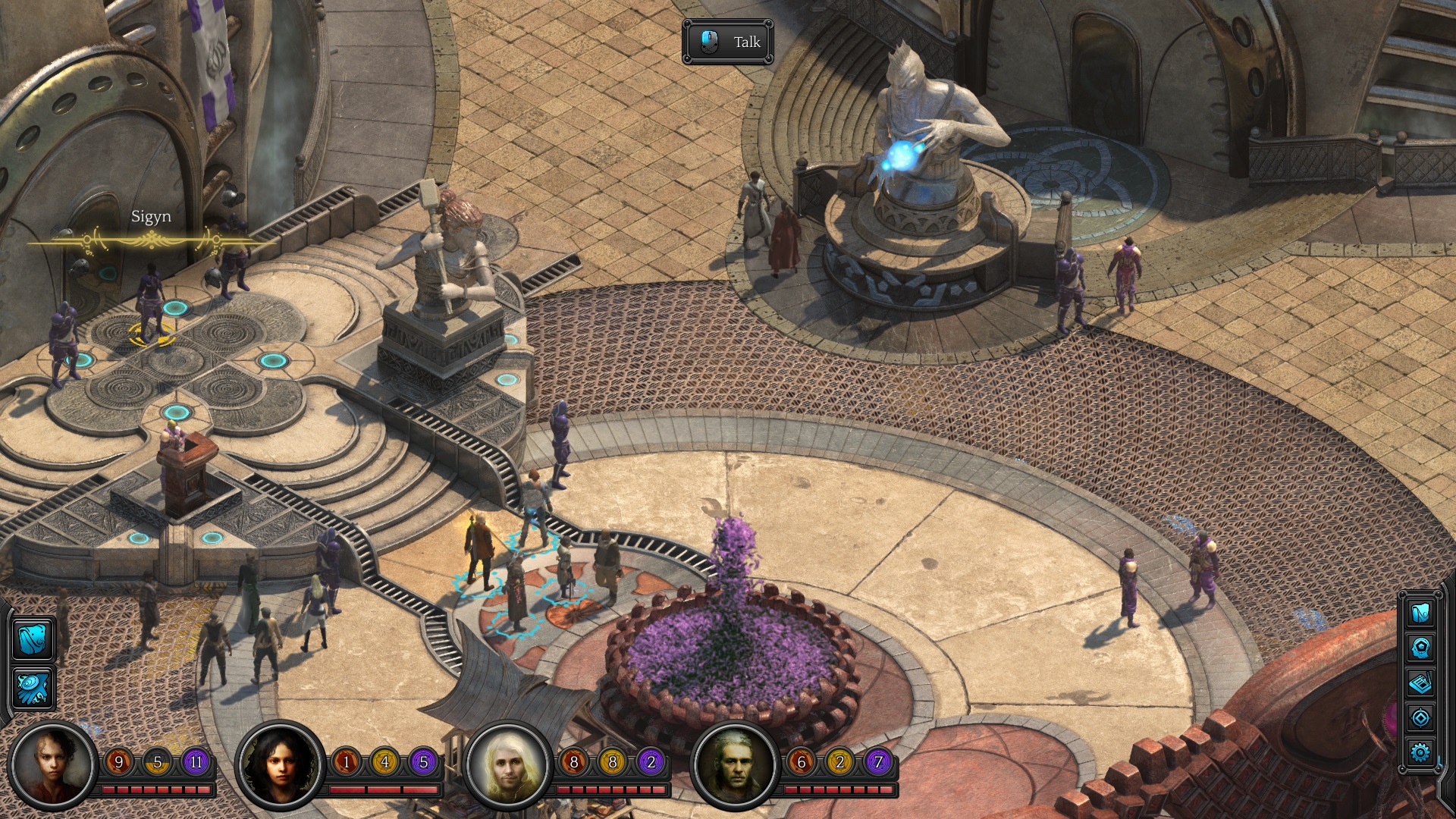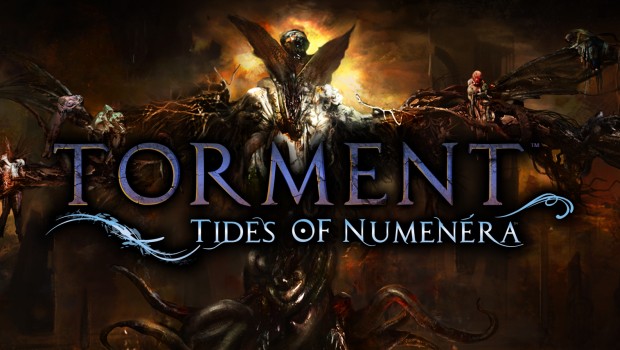
This sounds complicated, and perhaps it is but fortunately, combat is both easy and relatively rare, so it's more like a flavor to the game than something to worry about mastering.Ĭombat-called a "crisis" here because they can be resolved through dialogue as well as violence-is rare because, like its role-playing inspirations, Torment wants to provide you with options for dealing with inevitable conflict.

For example, instead of conventional damage effects like fire or ice, you can add transdimensional or chemical damage to spells and weapons. Taking the game as it comes is also helpful mechanically, as Tides of Numenera is freed of the Advanced Dungeons & Dragons systems that limited its predecessor Placescape.

Most of the story involves figuring out what's going on, from "who am I?" and "what is this place?" early on to higher-order mysteries like "why do I exist?" and "what the hell is this giant organic monster that houses entire cities?" It's great advice for your player character, the "Last Castoff"-the leftover body of a Changing God who switches hosts every decade or so-who starts the game off on an alien world, in an amnesiac haze. "Go with the flow" is especially good advice for Torment in a variety of different ways. What makes a great RPG is being able to or say whatever you might want to, and the game accepts and even encourages that.

It's the dream of freedom of choice, as promised by Torment's predecessor Planescape: Torment as well as games like the Fallout and Deus Ex series. It's the sort of game where you're given a set of choices, every single choice seems viable, and the game responds and validates the choice you made. At times, Torment: Tides of Numenera feels like the perfect role-playing game.


 0 kommentar(er)
0 kommentar(er)
